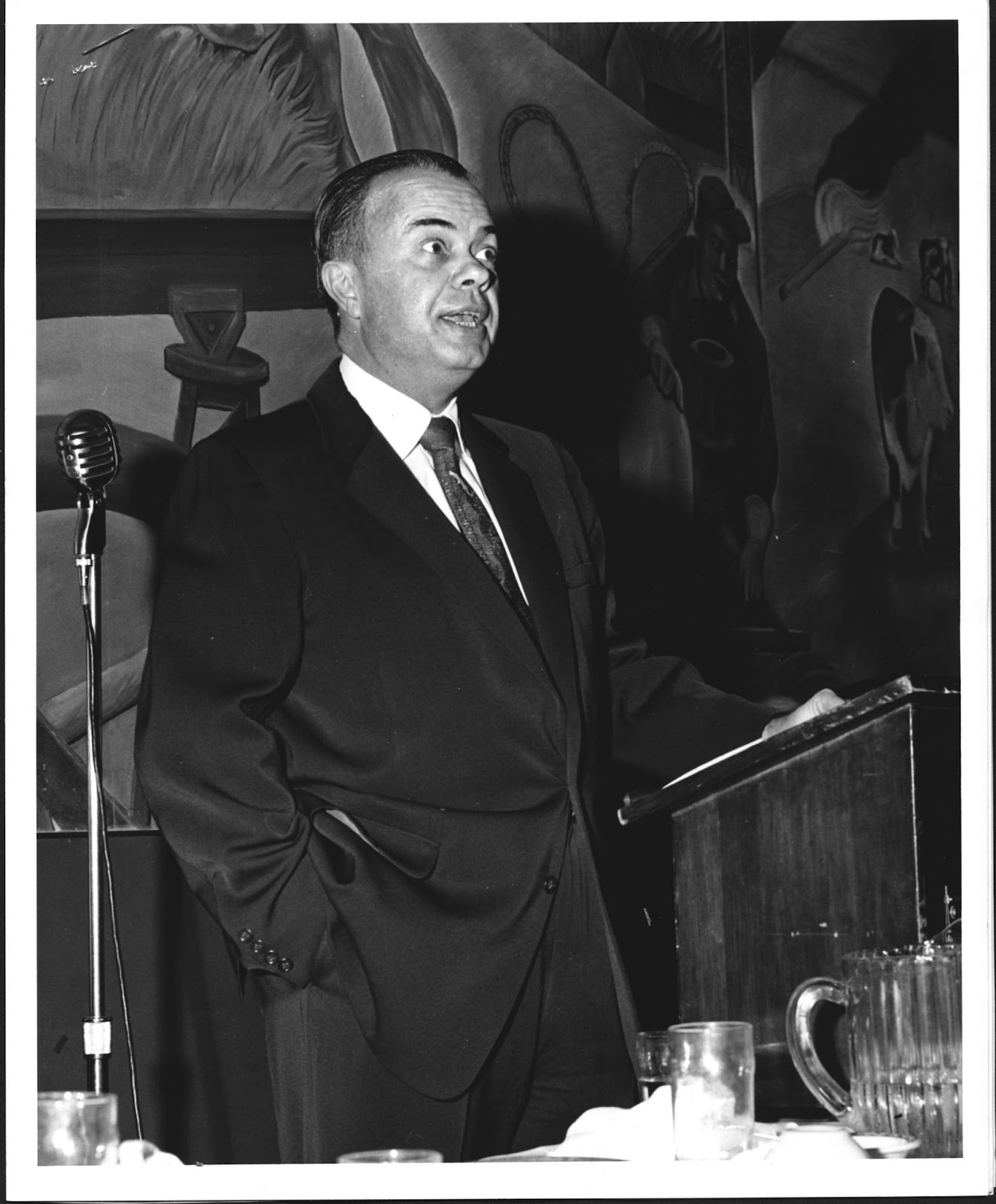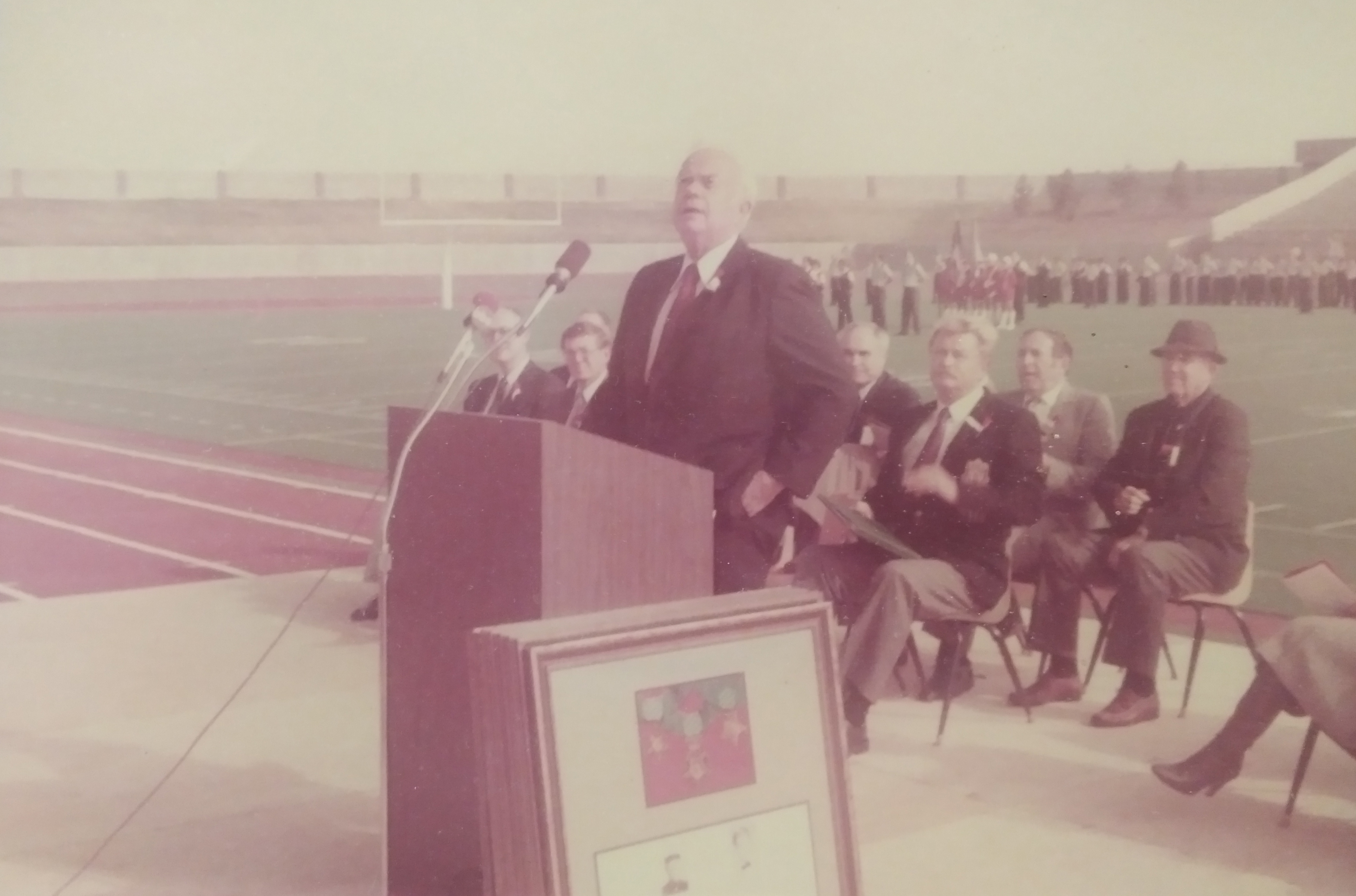Our Namesake: John Ben Shepperd
Personal Life
John Ben Shepperd was born in Gladewater, Texas, on October 19, 1915, to Alfred Fulton Shepperd and Berthal (Phillips) Shepperd.
JShepperd graduated from the University of Texas in 1938 and received his L.L.B. from the University of Texas School of Law in 1941. While at U.T., Shepperd met Mamie Streiber of Yorktown, Texas. They married in 1938 and had four children, two sons and twin daughters.
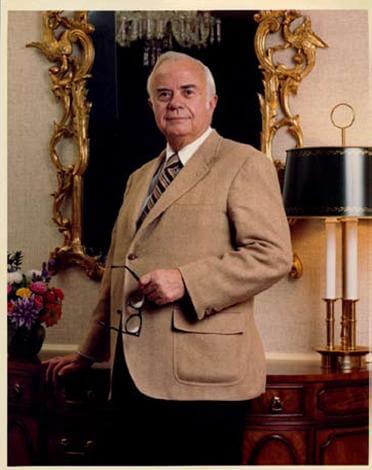
"Leaders know strength and success come from fellowship and combined efforts."
Early Career
Shepperd started his legal career at Kenley, Sharp and Shepperd Law Firm in Longview in 1941. In 1944, he enlisted in the U.S. Army as a private; he was discharged as a 2nd Lt. in 1946.
Shepperd returned to practicing law and also served as the publisher of the Gladewater Tribune in 1948-1949 and as president of the Gregg County Bar Association in 1950.
John Ben Shepperd’s grandfather Ben Phillips served in the Texas House of Representatives in the 1880’s and his father served as a Gregg County Commissioner. Inspired by their example of service, Shepperd became a Commissioner for Gregg County in 1946.
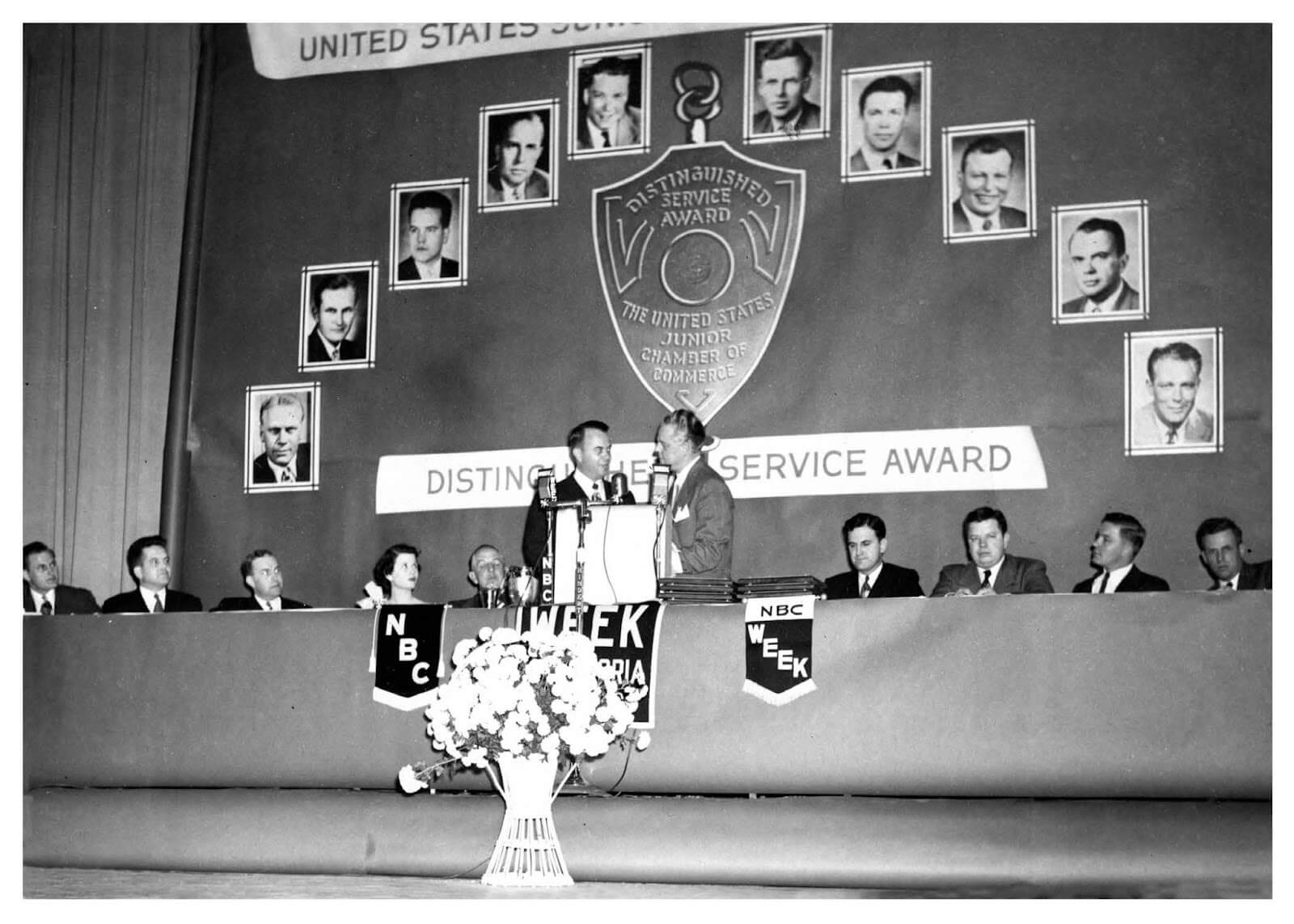
"Leaders take the personal time and effort to get involved while others are sitting in easy chairs."
Statewide Office
In 1950, at age 34, Shepperd was appointed Texas Secretary of State by Governor Allan Shivers.
In 1952, Shepperd was elected to a two-year term as Texas Attorney General; he was overwhelmingly re-elected in 1954. While serving as Attorney General, Shepperd investigated corruption in South Texas and prosecuted George B. Parr, the “Duke of Duval” County. He investigated the Veterans Land Scandal, prosecuting Commissioner Bascom Giles, and exposed a cigarette tax swindle and illegal raffles of automobiles. Shepperd successfully fought to retain state ownership of off-shore minerals in the Tidelands, the primary revenue stream for the Texas Permanent School Fund.
Shepperd was also served as president of the National Association of Attorneys General.
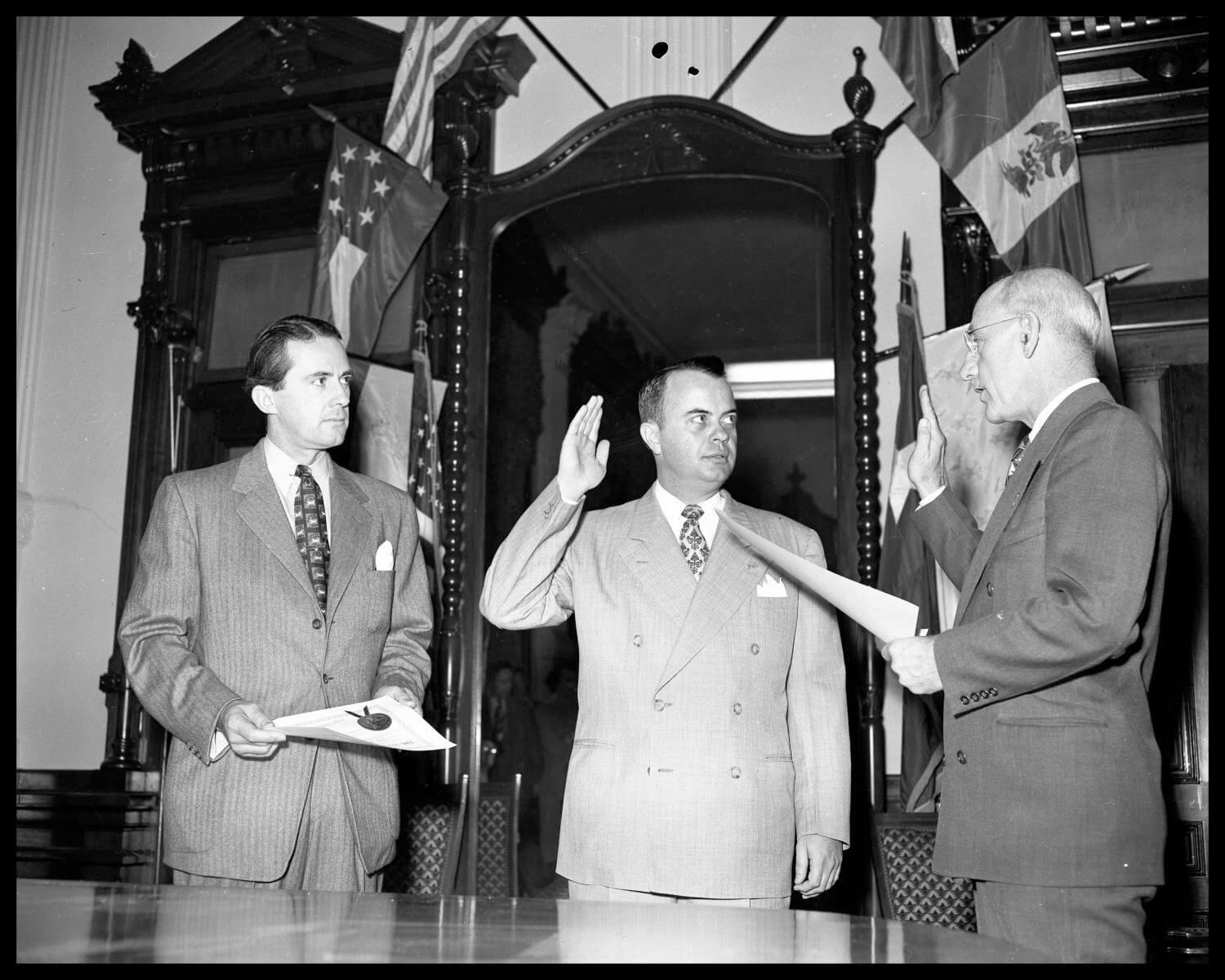
"Leaders are committed to preserving the American ideals whether they act on their convictions by running for office, by volunteering for community boards, by accepting appointment on governmental commissions, or by simply casting an informed vote."
Later Career
After moving to Odessa in 1957, Shepperd practiced law as part of the Shepperd and Rodman Law Firm, where his clients included W.D. Noel and his company, El Paso Products. Shepperd also served as a director of many companies including National Western Life Insurance, Blue Cross Blue Shield of Texas, West Texas Gathering Co., Texas Commerce Bank, First State Bank of Gladewater, and Gill Savings in San Antonio.
Shepperd remained active in public life after leaving office, including advising the presidential campaigns of his friend Lyndon B. Johnson.
In addition to his busy professional career, Shepperd was active in cultural programs around the community and throughout the state, leading many committees. He proposed and implemented the Texas Historical Marker Program and created Odessa’s “World’s Largest Jackrabbit.” Today, roadside historical markers cover the state of Texas and large, colorfully painted “Jack Ben Rabbits” have become an Odessa tradition.
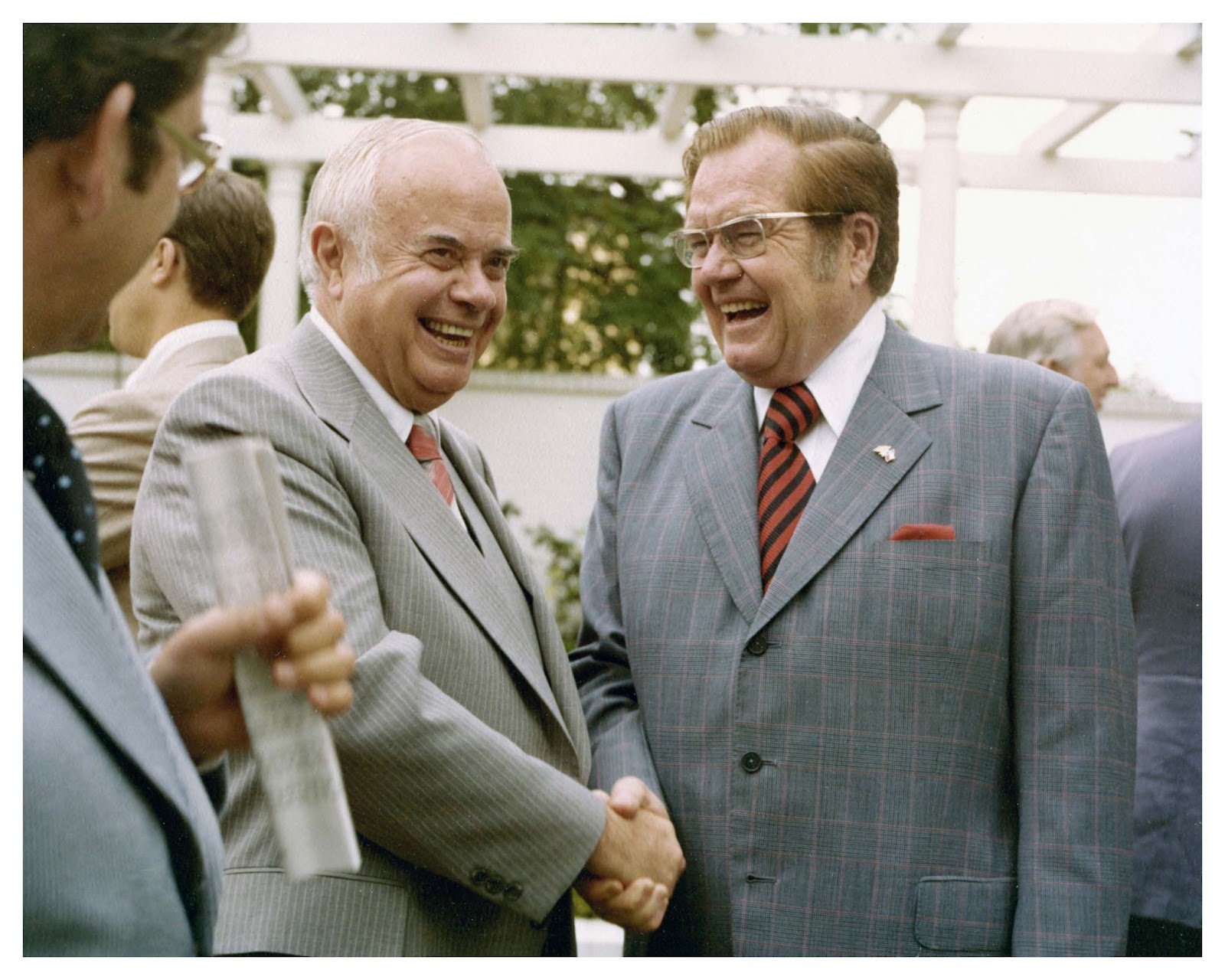
"Leaders inspire and teach others and are not afraid of being replaced by those they encourage."
Public Speaking
